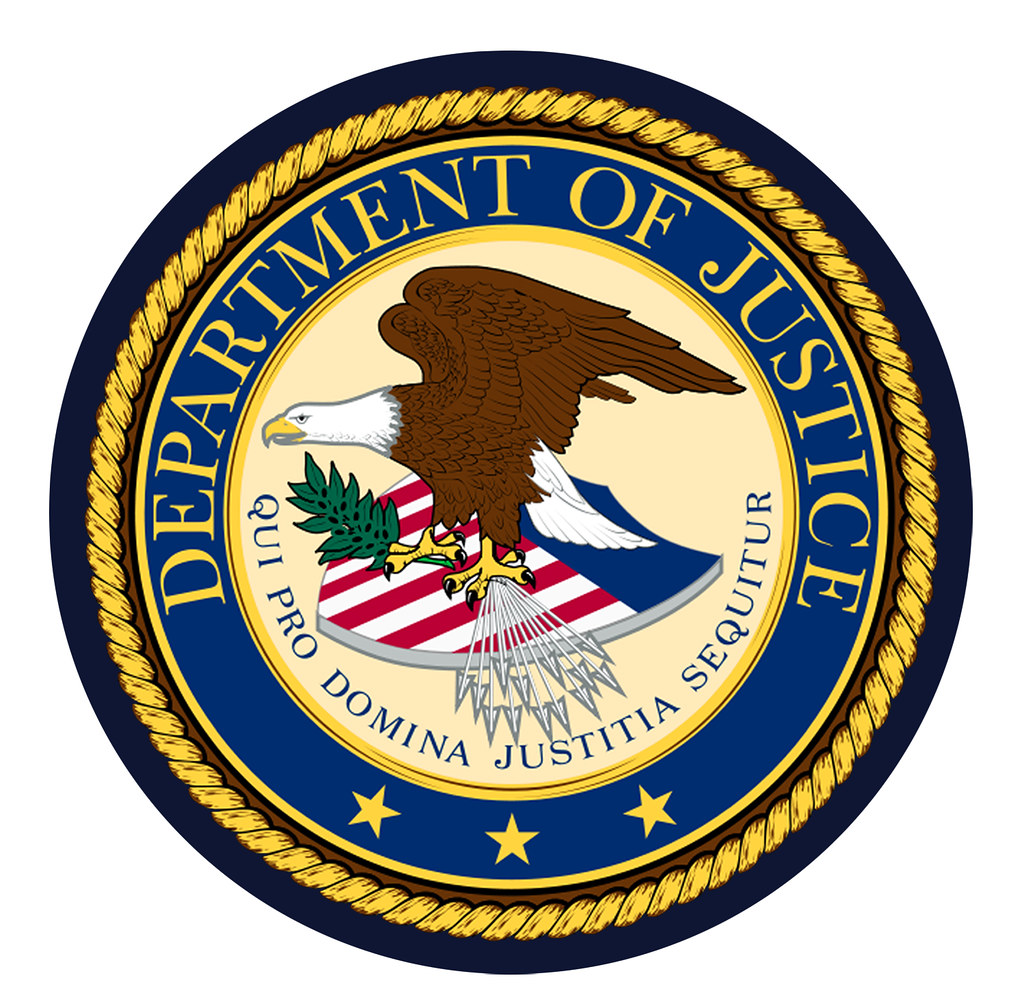Key Takeaways
- Federal prosecutors labeled antifa a “militant enterprise” in a new indictment.
- Two men face terrorism and attempted murder charges after a July 4 attack on a Texas ICE center.
- A former DOJ lawyer warns the broad term “antifa enterprise” could sweep up peaceful protesters.
- Critics fear the vague definition may let the FBI track funding, membership, and beliefs.
What Is the Antifa Enterprise Claim?
The Justice Department’s recent indictment calls antifa a “militant enterprise.” This label appears in charges against two men accused of attacking an ICE facility in Texas. The government defines antifa enterprise as networks or small groups that follow anarchist or Marxist ideas. In simple terms, it treats antifa like a structured organization. This shift lets prosecutors use tough terrorism laws.
Details of the Texas ICE Attack
On July 4, attackers targeted the ICE Prairieland Detention Center in Alvarado, Texas. Two suspects, Zachary Evetts and Cameron Arnold, face terrorism charges. They also face counts for attempted murder of federal officers and for firing a weapon during a crime. A third person, identified as Benjamin Hanil Song, allegedly fired at police. Song trained other members of the so-called antifa cell in combat. An officer was hit in the neck and later recovered.
Why Does the DOJ Call Antifa a Militant Enterprise?
The indictment mirrors a 2020 executive order that called antifa a domestic terrorist group. The term antifa enterprise appears there as well. By calling antifa an enterprise, prosecutors gain wider investigative powers. For example, they can look into membership lists, funding sources, and recruitment methods. They can also use anti-terrorism statutes that carry heavy prison sentences.
Expert Concerns Over Definition
Thomas Brzozowski, a former DOJ antiterror lawyer, warns the term antifa enterprise is too broad. He served under three presidents. He says the vague label risks ensnaring people who never did violence. He points out that many Americans oppose fascism. Under this definition, they could end up in an FBI database. Moreover, the description groups all who claim revolutionary anarchism or Marxism together. In his view, this approach threatens political freedom.
Legal Impact and Next Steps
The material support statute used here dates back to President George W. Bush. It carries up to 15 years in prison. That law once convicted neo-Nazi plotters who threatened the power grid. Now, it applies to two men linked to the Texas attack. Defense lawyers argue their clients only planned to protest. They say one suspect intended to fire fireworks, not guns. Court hearings will decide if the antifa enterprise label holds up.
Broader Implications for Protesters
Even peaceful protesters could worry about this term. If authorities see them as part of the antifa enterprise, they might face heavy scrutiny. People at protests may wonder if wearing black or chanting slogans puts them at risk. In addition, families and friends of protesters could get pulled into investigations. For critics, this blurs the line between free speech and terrorism.
Conclusion
The DOJ’s use of antifa enterprise marks a major change in how it treats protests. By calling antifa a structured group, prosecutors unlock sweeping powers. Yet, experts caution that the vague term could sweep innocent people into terrorism probes. As courts weigh these charges, many will watch closely. The outcome could reshape how the justice system handles protest movements.
Frequently Asked Questions
What does “antifa enterprise” mean?
It refers to a network or group that follows anarchist or Marxist ideas and opposes fascism. The government uses it to apply anti-terror laws.
Why did prosecutors use terrorism laws here?
Labeling the group as an antifa enterprise lets them charge suspects under strict terrorism statutes with heavy sentences.
Could peaceful protesters be affected by this term?
Yes. Critics warn that a broad definition of antifa enterprise could include people who never used violence.
What happens next in the court case?
Defense lawyers will challenge the charges and the antifa enterprise label. Hearings will decide if prosecutors can keep using terrorism laws.
